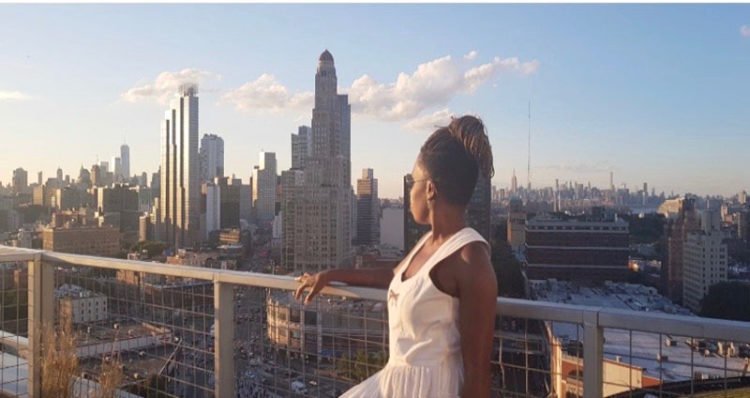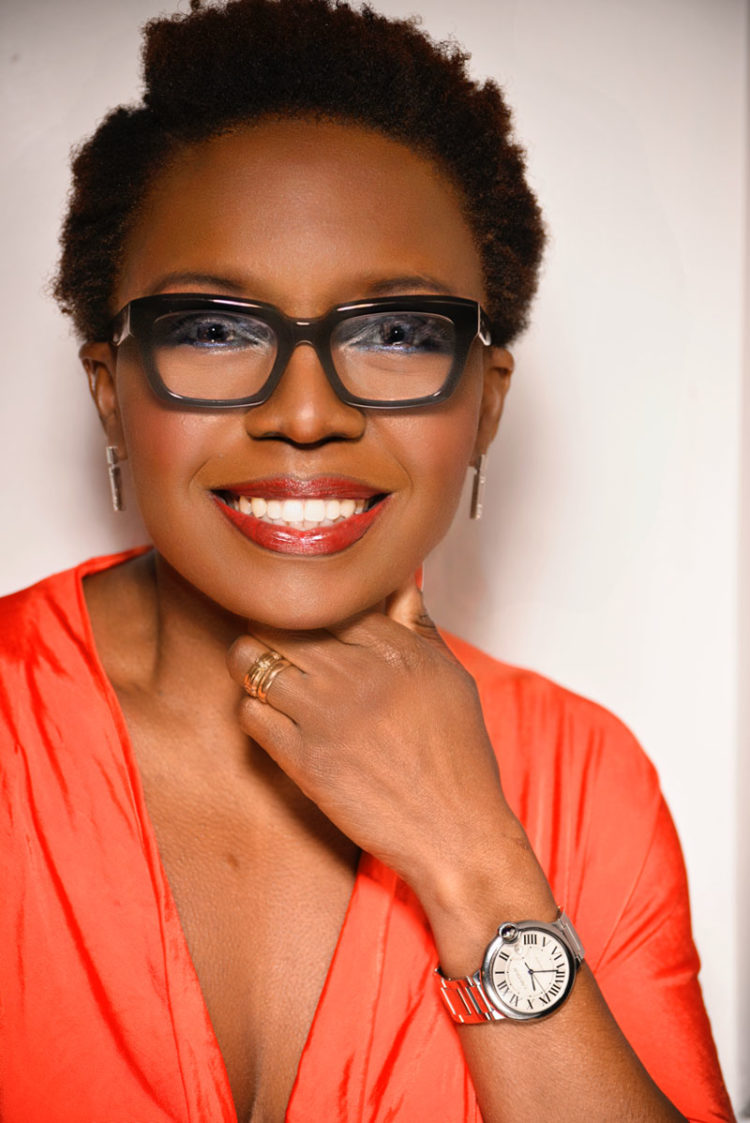New York was a vibrant, creative and exciting city when I arrived in the late 1990s. I quickly learned that, for immigrants like myself, “pivoting” must be seen as a part of daily life. I found myself in constant flux, assessing my new environment and adjusting to my new circumstances. I had to learn to apply new codes and accept different ways of living and being.
Never would I have known then that a pandemic would someday take me back to the day I landed at JFK, having arrived from Paris. Facing and accepting today’s new normal is reminding me of the survival skills I had to learn to master in order to survive in New York City as a new immigrant.
I reminded myself that I was in Manhattan on 9/11, and that I managed to survive the attack. I assumed that experience somehow prepared me to face the challenges related to Covid-19. Back then, the media and the politicians told us that the best way to overcome terrorism was to continue to live our lives as if nothing were different. I complied, fell in line and did the only thing I knew how to do: bury myself in my work. Indeed, I was back at my office two weeks after the attacks.
Nineteen years after September 11, Covid-19 has brought the world to its knees. At first, my reaction was to worry and be sad, and to fall back on my old coping mechanisms. But keeping my head down and working just didn’t help the same way this time around. A few things have changed in my life since 9/11. I now run my own company, and social distancing has forced me to withdraw, to turn inward and to carefully reassess my environment.
Thankfully, once I finally allowed peace, quiet and stillness to be part of my daily routine, I gained an immense sense of clarity. For the past six weeks, I have been having the most beautiful and meaningful conversations with friends, family and colleagues. It’s as if Covid has forced the entire world to simultaneously tune into the same frequency. Suddenly, texts and calls are returned immediately. Some of my relationships have deepened, while others have faded or abruptly stopped.
While the consequences of the pandemic continue to be felt, I am confident that this African immigrant from France who landed at JFK in the 1990s with a head full of dreams will find her path. I will be part of a post-Covid-19 success story because I have yet again adapted to new circumstances and acquired new habits and perspectives.
The pandemic triggered my “muscle memory,” which comes with the immigrant mindset, which is all about learning to be flexible. That mindset built my resilience and helped put me on a path to professional success after my arrival in America. Now I am working that same muscle and making it even stronger by once again evolving, adapting and positioning myself to thrive again.
I chose to become an American citizen because I love America. But with love come hopes and expectations. This pandemic is providing us with an opportunity to change who “we” are today. Since America’s success and progress have always depended largely on its ability to welcome its immigrants, maybe if this nation adopts the mindset of its immigrants and chooses to leave the familiar behind while embracing change and accepting a different reality, it too can rebound and thrive in a post-Covid-19 world. America needs to emerge from the pandemic as a better society, as a better “us.”
You can follow Yasmina F. Edwards on Instagram on @yasminafedwards


